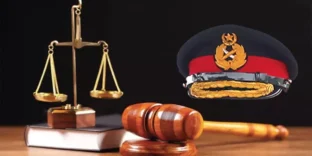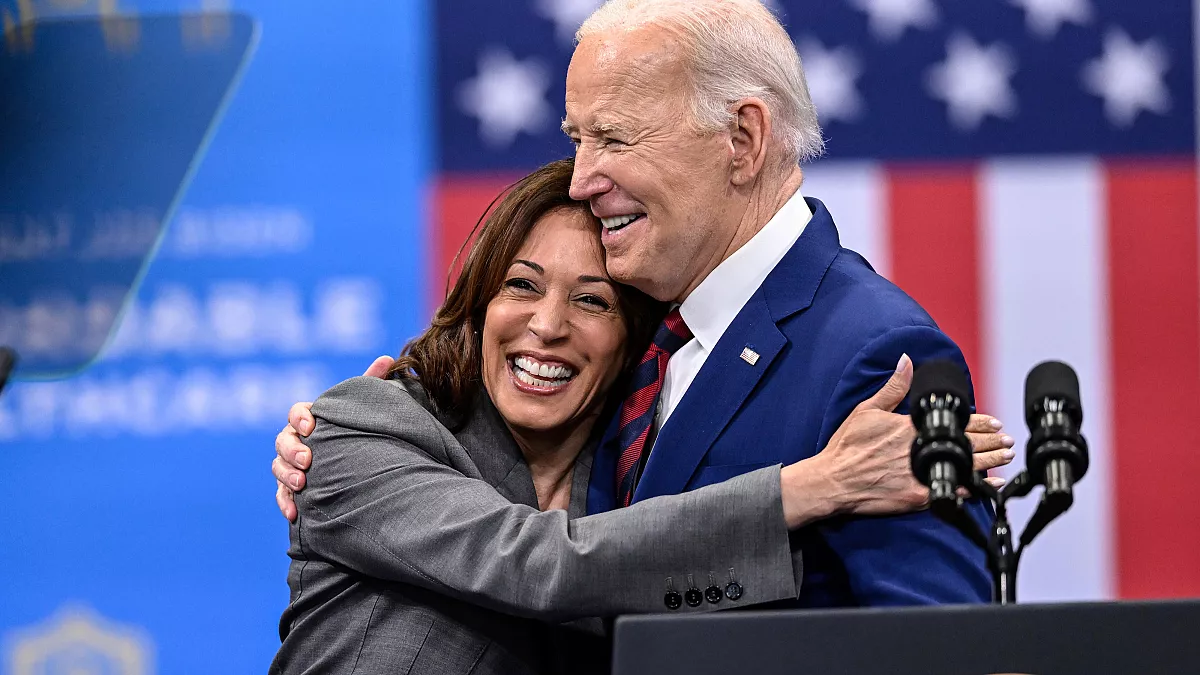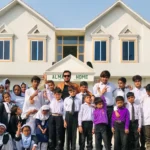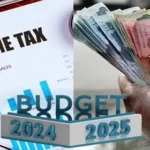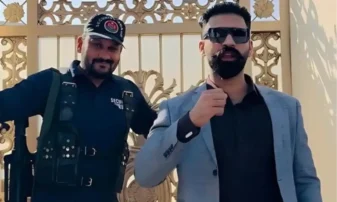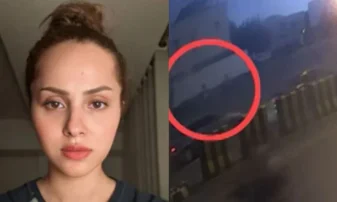DHAKA (AFP) — Bangladesh announced a curfew and deployed military forces after police failed to control several days of deadly unrest sweeping the country.
The clashes between student demonstrators and police have resulted in at least 105 deaths, according to hospital reports compiled by AFP. This unrest presents a significant challenge to Prime Minister Sheikh Hasina’s government, which has been in power for 15 years.
“The government has decided to impose a curfew and deploy the military in aid of the civilian authorities,” said Hasina’s press secretary, Nayeemul Islam Khan, adding that the curfew would take immediate effect. The escalating situation also prompted PM Hasina to cancel her foreign visits.
In an effort to prevent further violence, police in the capital, Dhaka, banned all public gatherings for the day, a first since the protests began. “We’ve banned all rallies, processions, and public gatherings in Dhaka today,” said police chief Habibur Rahman, citing “public safety” as the reason.
Despite an internet shutdown intended to disrupt the organization of rallies, confrontations between police and protesters continued in Dhaka, a city of 20 million people. “Our protest will continue,” said Sarwar Tushar, a demonstrator who sustained minor injuries during a march that was violently dispersed by police. “We want the immediate resignation of Sheikh Hasina. The government is responsible for the killings.”
In the central district of Narsingdi, student protesters stormed a jail, freed its inmates, and set the facility on fire, according to a police officer who spoke on condition of anonymity.
At least 52 people were killed in Dhaka on Friday, according to a list compiled by Dhaka Medical College Hospital. Police fire caused more than half of the deaths reported this week, based on hospital staff accounts. UN human rights chief Volker Turk described the attacks on student protesters as “shocking and unacceptable” and called for impartial, prompt, and exhaustive investigations.
The unrest has led to numerous incidents of arson and vandalism, including an attack on the Dhaka headquarters of state broadcaster Bangladesh Television. Police have arrested Ruhul Kabir Rizvi Ahmed, a senior leader of the main opposition Bangladesh Nationalist Party (BNP).
The protests have been driven by opposition to a quota system reserving more than half of civil service posts for specific groups, including children of veterans from the 1971 liberation war. Critics argue that the scheme benefits pro-government groups loyal to Hasina, who has been accused of using state institutions to entrench her power and suppress dissent.
The government has ordered schools and universities to close indefinitely as it attempts to restore order. “This is an eruption of the simmering discontent of a youth population built over years,” said Ali Riaz, a politics professor at Illinois State University. “The job quotas became the symbol of a system which is rigged and stacked against them by the regime.”
Despite Hasina’s national address seeking to calm the unrest, student protests have continued. Nearly half of Bangladesh’s 64 districts reported clashes on Thursday, according to Independent Television. London-based watchdog NetBlocks reported a “nation-scale” internet shutdown remained in effect, raising concerns over public safety due to limited information flow in and out of the country.

